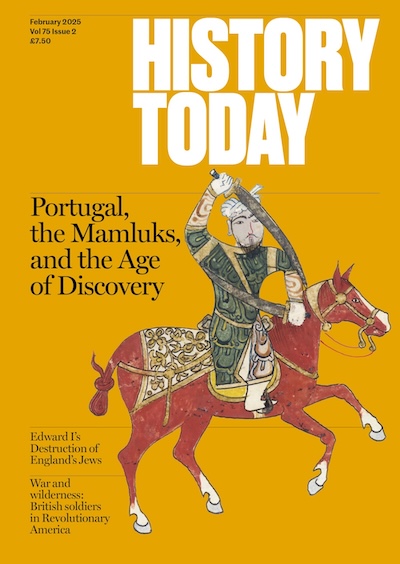Robert Owen and the English Working Class Movement
Educationalist. Co-operator. Capitalist. Utopian. W.H. Oliver describes how Robert Owen was doomed to foster ideas and programmes which caused him considerable distress.
Much of the history of socialism and of working class movements has been written by men whose minds were coloured by the history of the last hundred years—specifically by ideas and experience since the Communist Manifesto. St. Simon, Fourier, Proudhon, possibly Sismondi, certainly Owen—these socialists are apt to be treated as pale heralds of the Marxist dawn.
We all agree, for instance, to accept the label which Marx contemptuously conferred upon them—we call them Utopian socialists. Perhaps the wisest of the historians of socialism, Martin Buber, has turned Marx’s contempt upon himself by describing that forbidding figure as simply the greatest of the Utopians.
Yet, if we take the trouble to think about these men for their own sakes, we shall find ourselves in the company of well-marked individuals—wise, eccentric and foolish by turns, in some ways more perceptive in their insights than Marx, lacking equally his titanic energy and hatred, lacking, to our possible pleasure, his dogmatism, his slavery to system. We are now clearly able to see St. Simon thus, William Thompson and Thomas Hodgskin.





